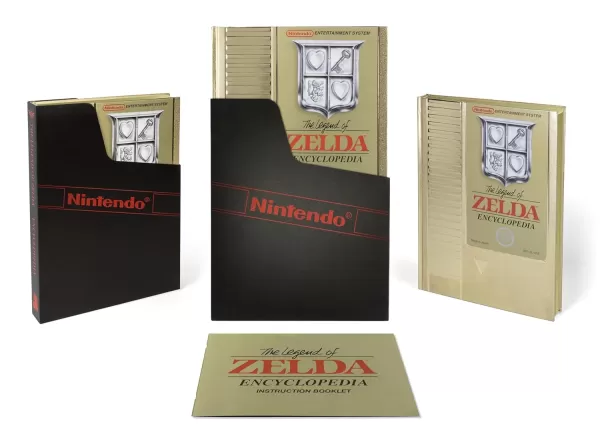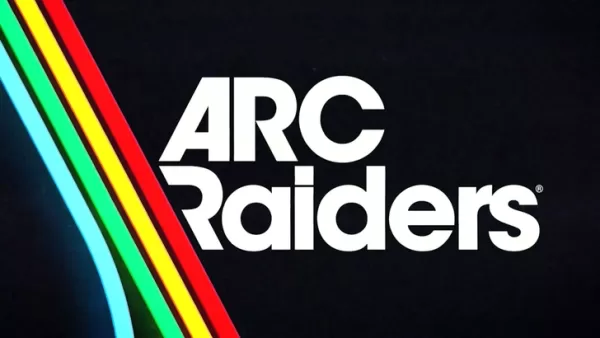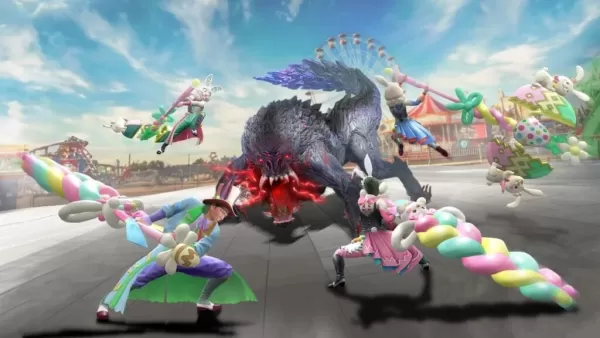ESA Reacts to Trump's Tariffs: 'More Than Just Switch 2'
If you’ve been following the economic scene lately—or are a Nintendo aficionado—you’ll know it’s been quite the whirlwind over the past 48 hours. On Wednesday, the gaming world was stunned to learn that the upcoming Nintendo Switch 2 would retail for $450 in the U.S., a steep price hike analysts attributed to anticipated tariffs, along with rising inflation, stiff competition, and increased component costs.
Fast forward to last night, when the Trump Administration unveiled sweeping 10% tariffs on nearly every nation, with notably higher rates targeting key economies like China, the EU, Japan, Vietnam, Canada, Mexico, and others. In response, China retaliated early this morning by imposing a 34% reciprocal tax on all U.S. imports. Barely hours later, Nintendo announced it would delay pre-orders for the Nintendo Switch 2 in the U.S. while assessing the implications of these tariffs.
This unfolding scenario marks uncharted territory for both the gaming industry and beyond, leaving analysts and the public scrambling to grasp its full ramifications. Just half an hour before Nintendo made its bombshell announcement, I spoke with Aubrey Quinn, a spokesperson for the Entertainment Software Association (ESA), to explore how these tariffs might reshape the gaming landscape.
The ESA, like countless others, is navigating uncertainty. While Quinn acknowledges that some predictions were anticipated—given Trump’s previous tariff announcements during his first term and campaign rhetoric—the scale and scope remain unpredictable. Retaliation from countries like China, further tariffs, and additional trade barriers loom as possibilities. The ESA remains cautious, focusing on potential outcomes rather than immediate conclusions.
Quinn emphasizes the ESA’s stance: “We’re carefully observing developments to avoid rash responses. Although this week’s announcements aren’t the final chapter, we firmly believe these tariffs will negatively affect the gaming industry and millions of American gamers who enjoy our titles.”
These tariffs, Quinn warns, extend beyond console pricing. Consumer spending could decline, impacting company revenues, leading to reduced investments in research and development, and altering future console designs. “Every aspect of the consumer ecosystem is interconnected,” she notes.
What steps is the ESA taking? Quinn admits engagement has been challenging due to the recent change in administration, with many key positions newly filled. Despite this, the ESA is actively reaching out to policymakers, joining coalitions, and urging dialogue to mitigate risks. Early this week, the ESA collaborated with other trade groups to contact U.S. Trade Representative Katherine Tai, expressing concerns ahead of the tariff rollout.
Is progress being made? Yes, according to Quinn. Conversations are underway with various levels of government, including the White House and U.S. Trade Representative offices. While these discussions span broader consumer goods, the ESA remains focused on protecting the gaming sector.
For worried consumers, Quinn advises contacting representatives to voice concerns via letters, calls, emails, or social media. “The more constituents communicate their worries,” she explains, “the greater the likelihood policymakers will listen and act.”
Nintendo’s decision to pause pre-orders for the Switch 2 followed shortly after our talk. When asked for comment, Quinn reiterated that the ESA doesn’t comment on individual company decisions. However, she highlighted the broader implications of tariffs across the industry, noting that American-made products rely on global supply chains, making this a universal challenge.
“This isn’t just about the Switch,” Quinn concluded. “It’s about the entire gaming ecosystem and countless other industries. This impacts everyone.”
-
Prime Day might be over, but Amazon still offers incredible book deals. The Legend of Zelda publications provide fascinating explorations into Nintendo's iconic action-adventure franchise, with the Deluxe Edition of the official encyclopedia hittingAuthor : Alexander Jan 15,2026
-
ARC Raiders is an upcoming PvPvE third-person extraction shooter from Embark Studios. Continue reading for details on the launch date, supported platforms, and the game's announcement timeline.ARC Raiders Release Date and TimeLaunching in 2025 with aAuthor : Benjamin Jan 15,2026
-
 Missile WarsDownload
Missile WarsDownload -
 Have Fun! - Trading Card GameDownload
Have Fun! - Trading Card GameDownload -
 Argon: Modern Retro GamingDownload
Argon: Modern Retro GamingDownload -
 Monster War by zhang liexunDownload
Monster War by zhang liexunDownload -
 WWSC : WINNER WINNER FREE SLOT CASINODownload
WWSC : WINNER WINNER FREE SLOT CASINODownload -
 Sakua Rage: Lust SteetsDownload
Sakua Rage: Lust SteetsDownload -
 Baccarat - baccarat casinos BeautyDownload
Baccarat - baccarat casinos BeautyDownload -
 Alcohol-Slot MachineDownload
Alcohol-Slot MachineDownload -
 Car Simulator 3D Indian GameDownload
Car Simulator 3D Indian GameDownload -
 777 Fruit Slots MachineDownload
777 Fruit Slots MachineDownload
- Spring Valley Farm Game: January 2025 Redeem Codes
- Mobile Legends: Bang Bang – Best Lukas Build
- WWE Superstars Join Call of Duty Warzone: Mobile Roster
- Midnight Girl is a minimalist point-and-click adventure set in Paris in the 60s, now open for pre-orders on mobile
- Video Game Song Surpasses 100 Million Streams on Spotify
- "Grand Outlaws Unleashes Chaos and Crime on Android Soft Launch"












